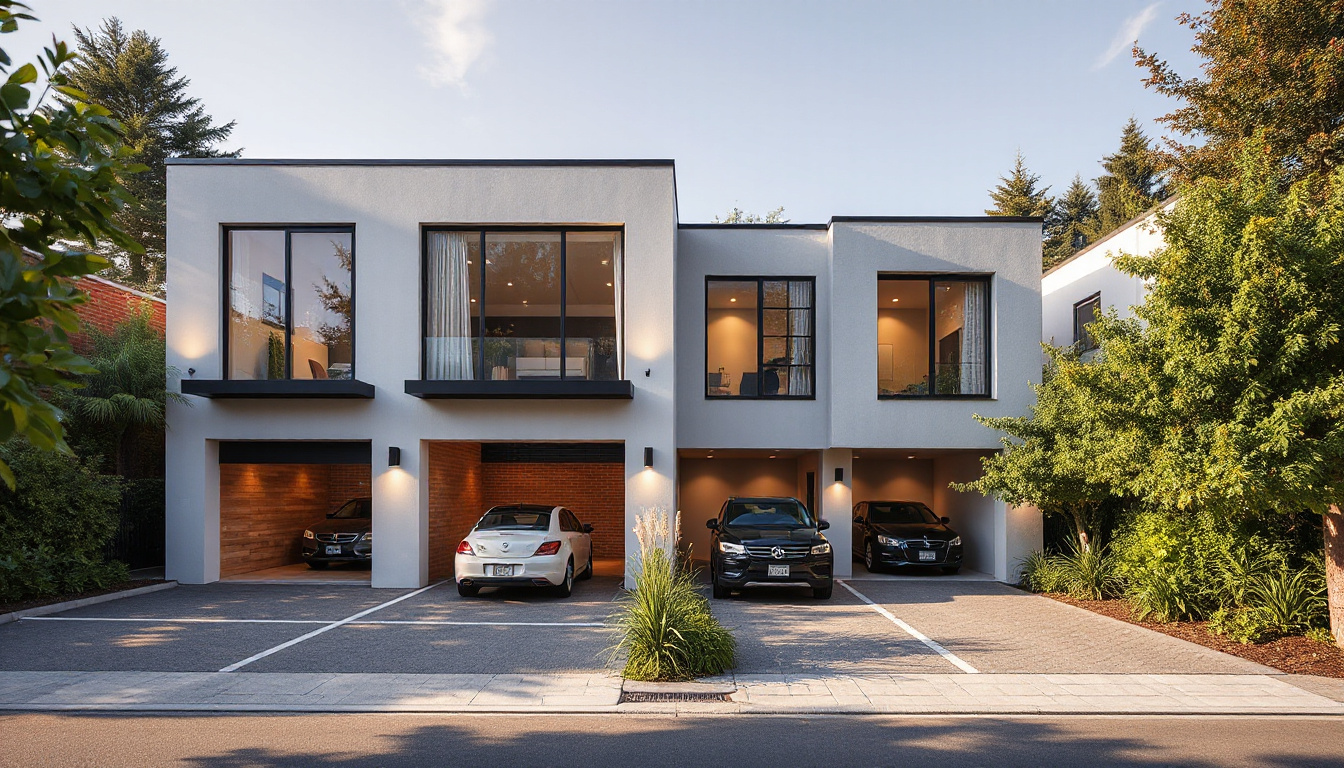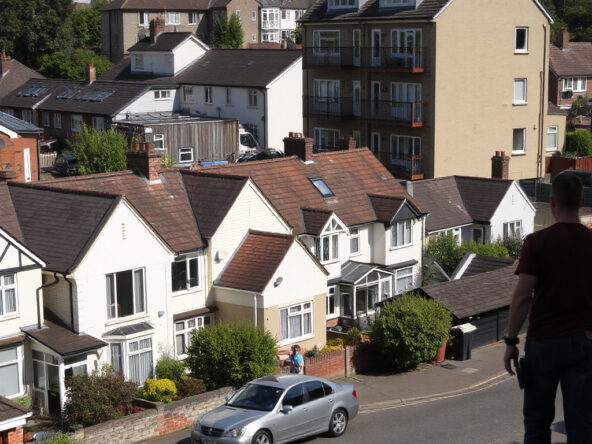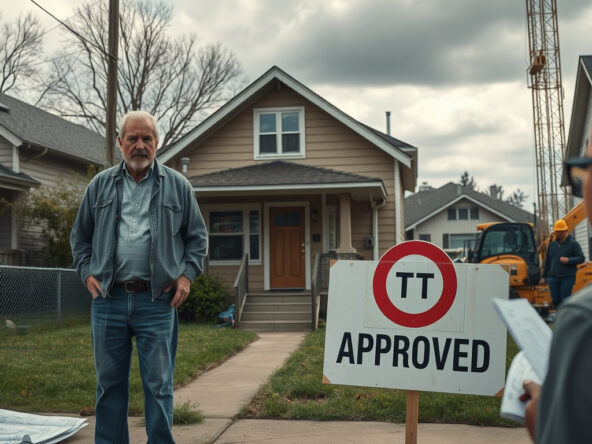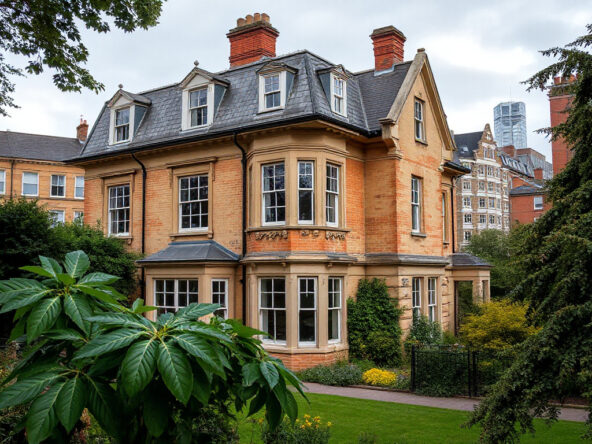Planning Approval for Short-Term Lets in Falkirk
Falkirk Council has sanctioned a conversion plan—transforming an aging garage into two confined rental units—which manifests a discernible trajectory in property conversion and residential occupancy models.
Development Overview
At Mary Street, Laurieston, planners initiate a transformation whereby the extant garage, entrenched behind a preexisting house with a four-bedroom HMO, becomes two single-bedroom domiciles; the arrangement serves visitors such as petro-chemical industry operatives and transient tourists—a synthesis of spatial reallocation, urban density adjustments, and residential provision.
Council Considerations
During a rigorous planning committee session, members articulated reservations concerning parking adequacy for the proposed units; engineers and property controllers affirmed that each unit, along with the preexisting HMO and an owner’s flat, secures a dedicated parking cell. The building’s design underwent methodical revision in response to officer directives that prioritized sightline limitation and neighborly privacy, thus recasting the spatial interdependencies of the structure and its surroundings into a compact relational grid.
Economic Impact
Proponents insisted on the project’s capacity to inject capital into the local economy while expanding rental capacity; the site’s juxtaposition with the town centre and allied public amenities weaves a framework intended to magnetize industry workers and transient visitors, concurrently augmenting the fiscal interrelations and municipal resource distribution.
Conclusion
With the endorsement of Falkirk Council’s planning ensemble, this conversion project typifies the evolving residential conversion schema in urban sectors; it integrates confined dwelling units within existing spatial matrices while remedying community apprehensions—a development strategy that, as it multiplies in prevalence, may assume a seminal role in satisfying the multifaceted accommodation requisites of a variegated populace.



